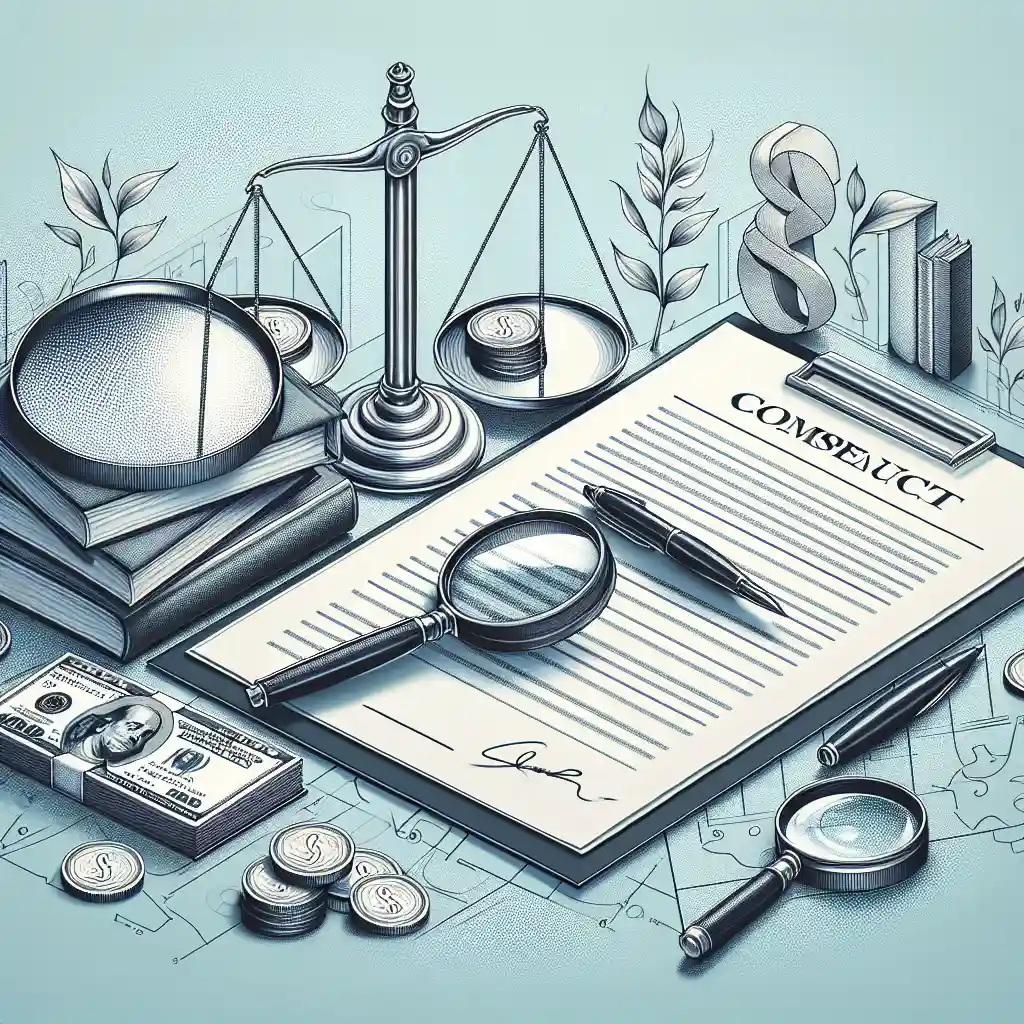Calculating Compensation for Lost Wages: A Detailed Guide
In the realm of personal injury claims, understanding how to calculate compensation for lost wages is crucial. This detailed guide will cover the key factors involved in determining fair reparation for wage loss due to injuries or accidents. From assessing the actual amount of income lost to factoring in additional considerations, such as future earning potential, this comprehensive overview will equip you with the knowledge needed to navigate this complex process effectively.

Factors to Consider When Calculating Lost Wages Compensation
When determining lost wages compensation, several factors come into play. The first step is to establish the individual's pre-injury income level. This typically involves examining pay stubs, tax returns, and other relevant documentation to ascertain the average earnings. Additionally, any bonuses, overtime pay, or benefits that the individual would have received had the injury not occurred should also be factored into the calculation.
Wage Loss Calculation Methods
There are various methods for calculating wage loss, depending on the circumstances of the case. One common approach is to multiply the individual's daily wage by the number of days they were unable to work due to the injury. Another method involves projecting future lost earnings based on the individual's earning capacity before the injury and the extent of their impairment post-accident. Consulting with financial experts or vocational assessors can help in determining the most accurate calculation method.
Impact of Injuries on Earning Potential
In cases where the injury results in long-term or permanent disability, the impact on the individual's earning potential must be carefully assessed. This can involve estimating the future career trajectory of the injured party, factoring in potential promotions, salary increases, and advancements that may have been hindered by the injury. Consideration should also be given to any necessary retraining or rehabilitation that could affect the individual's ability to return to their previous level of income.
- Are there any specialized skills or certifications that the injured party had that could enhance their earning potential?
Legal Considerations in Wage Loss Compensation
Navigating the legal aspects of lost wages compensation can be complex, particularly in cases where liability is disputed. Seeking legal counsel from experienced personal injury attorneys is essential to ensure that you receive fair reparation for your wage loss. Attorneys can help in gathering the necessary evidence, negotiating with insurance companies, and representing your interests in court if a settlement cannot be reached.
Documentation and Evidence Collection
In order to support your lost wages compensation claim, thorough documentation and evidence collection are key. This may include medical records documenting the extent of your injuries, pay stubs illustrating your pre-injury income, and testimonies from coworkers or supervisors confirming the impact of the injury on your ability to work. Keeping detailed records and receipts related to medical expenses and rehabilitation costs can also strengthen your case for fair reparation.
By understanding the various factors involved in calculating compensation for lost wages and seeking appropriate legal guidance, you can ensure that you receive fair reparation for the income you have lost due to injuries or accidents. Remember to prioritize thorough documentation and consider all aspects of your earning potential to present a strong case for compensation.







